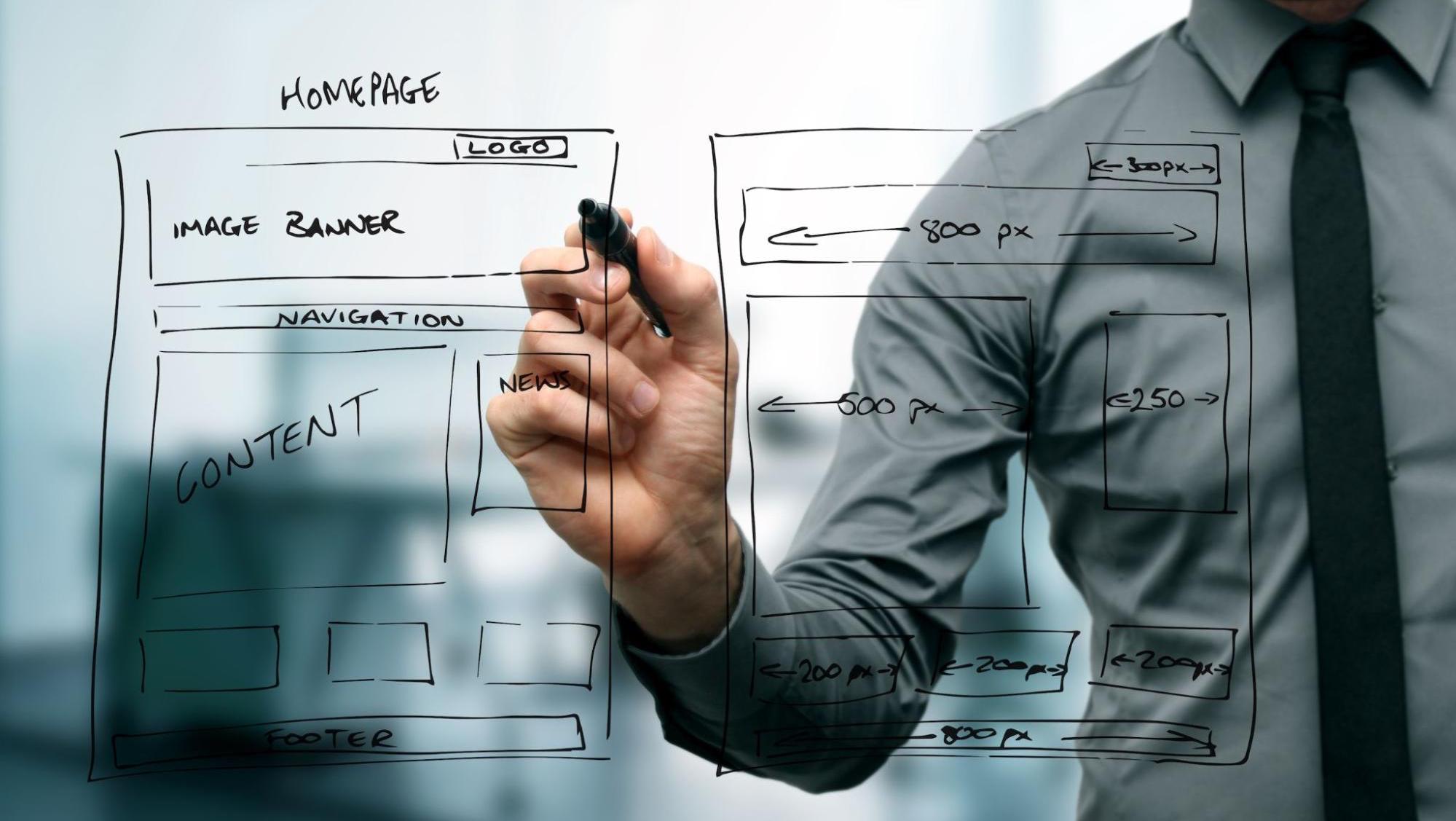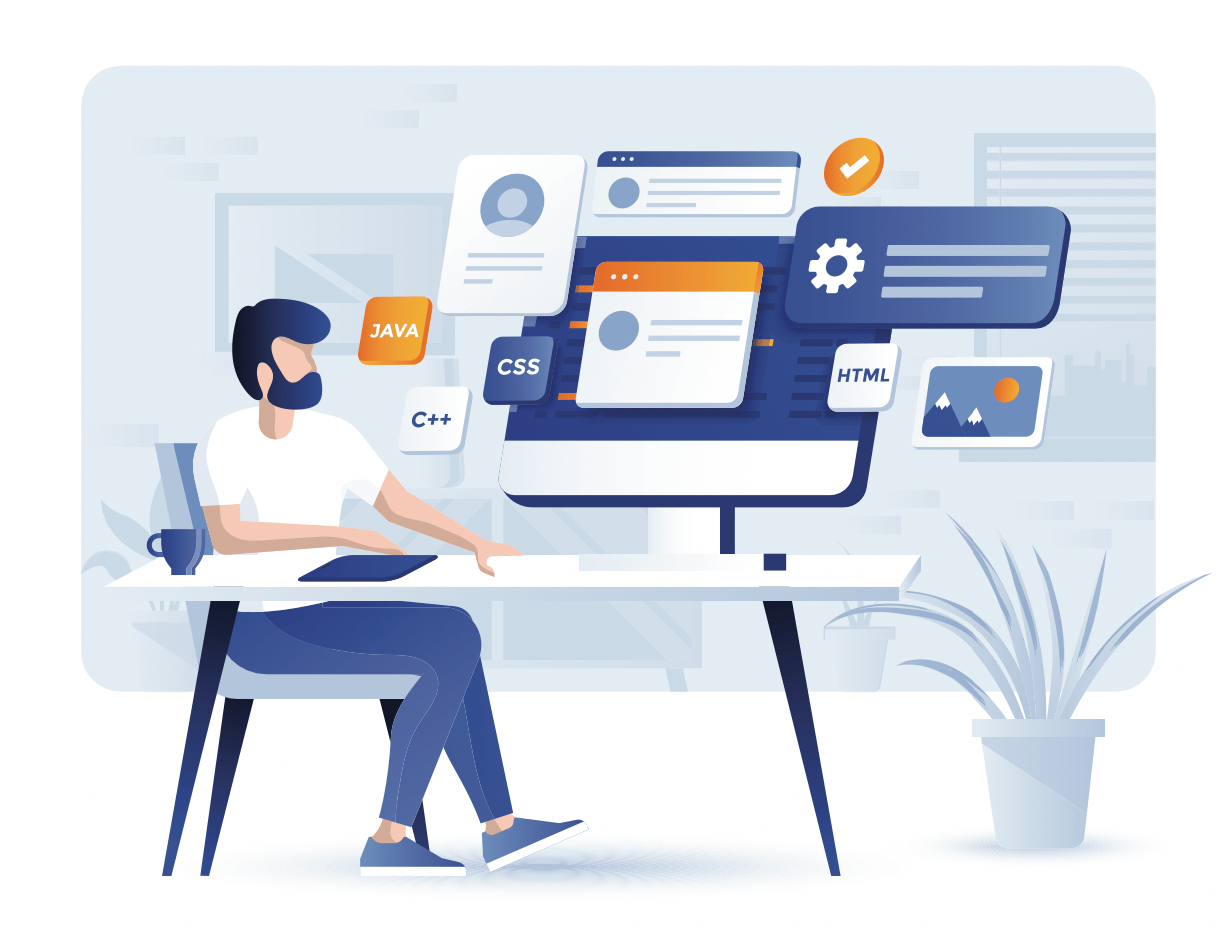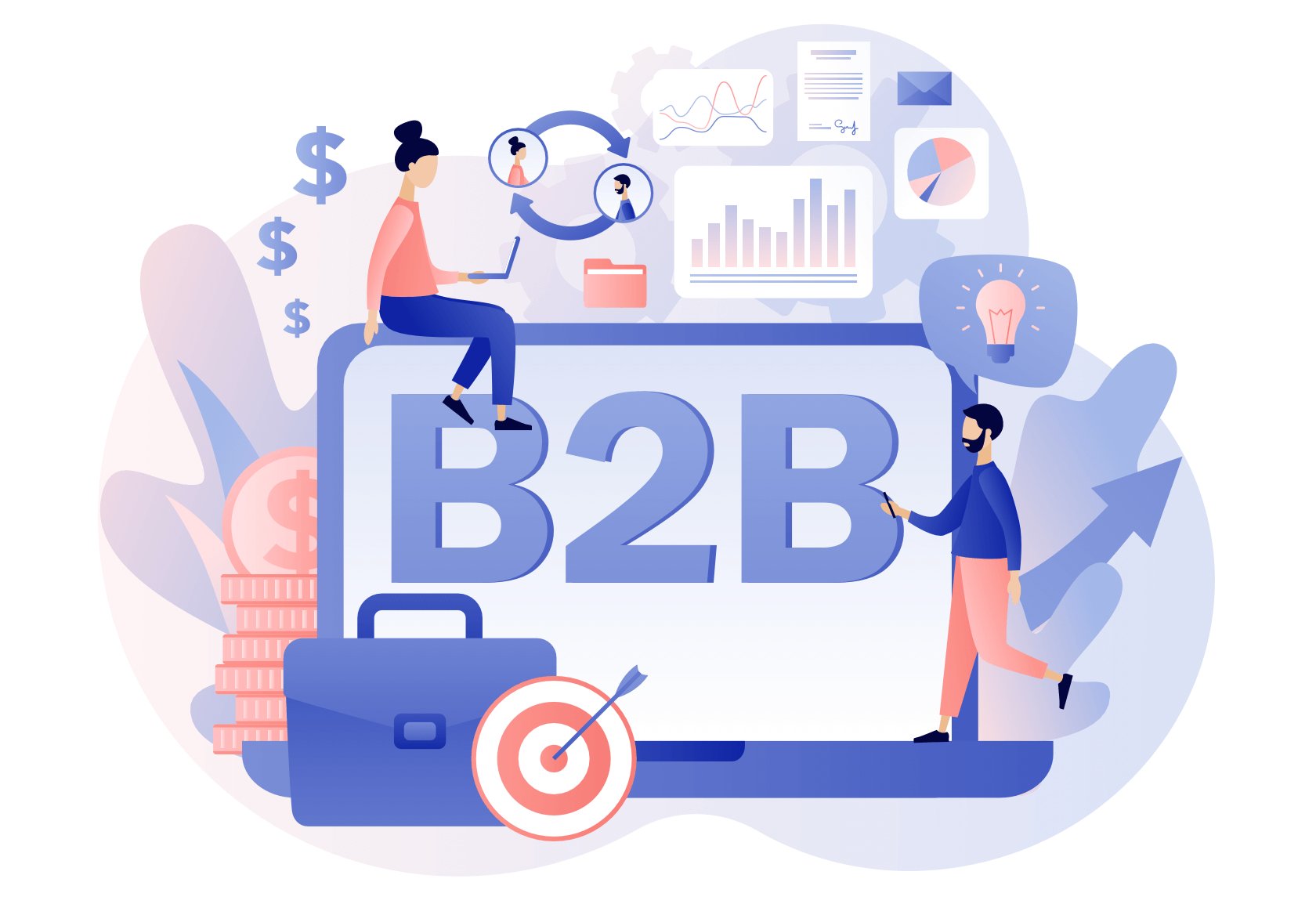IronPlane Magento 2 Development Services | 2025 Guide
IronPlane's dev agency can accommodate teams on Magento, Adobe Commerce, or BigCommerce. Read on to learn about our Magento 2 development services.

In the world of Magento eCommerce websites, site speed, site usability, and cost of maintenance can dramatically impact your overall success online. In this post, we take a closer look at the steps so you can decide whether an agency is the right option for building out your new theme.
Specifically, we look at the 5 benefits of using IronPlane for your theme development in Magento:
At IronPlane, we are dedicated to giving our clients and partners the best possible experience when it comes to theme development. We have five key steps for doing so — let's talk about them.
All of our clients start with the same consultative process. This is because every client will require different solutions based on the current state of their site, its code, and their goals.
From the start of each project, we focus much of our energy on understanding the business needs, goals, and functional requirements in order to keep our design and development work in the proper context. For example, if your eCommerce business is experiencing any of the following challenges, it is a good time to connect with us to get some guidance for the next steps:
Following our research and discovery, we map out a plan for theme customization or theme upgrade. Each step we take is reviewed with you for additional clarity and approval.
Note: For companies that need significant help ASAP, we have our Magento Rescue service, where we can resolve major website issues and revamp your site code.
One of the biggest benefits of using a Magento eCommerce agency is that when we develop your site, we don’t cut corners. Pre-built extensions (offered by and for Magento sites) are widely used by in-house developers because they appear to save both time and money. The problem is these pre-built extensions often result in a slow and sluggish site that takes time, money, and skill to adjust and improve.
Even if a theme is successfully adjusted or improved, if poorly coded or poorly implemented, there are risks of code interactions that impact the performance and function of the site. This is especially true when implementing Magento updates, installing third-party extensions, or releasing your own custom code.
New functionality generally relies on different extensions, which can result in slow load times. Slow load times negatively affect conversion rates.
When Custom Picture Frames partnered with IronPlane, we developed a custom Magento extension that let them keep their interactive pages while making their site faster and more accessible. Read more in the full case study: Custom Picture Frames
At IronPlane, we offer UX design and review. We can either:
A site that your customers actually enjoy using is a big win for your business — users are far less likely to bounce before making a purchase. But knowing what type of site works best for your customer base isn’t always clear-cut — that’s why doing user experience (UX) research is critical.
Beyond ease of use and conversion rate improvements, UX redesigns are particularly good for improving your site’s ADA compliance with accessibility regulations (defined in WCAG international standards). By understanding what your customers are looking for, we can design and develop a theme that suits your users.
Read more: Magento Enterprise Developers: IronPlane + 5 Alternatives
Developing a theme for your Magento site involves improving your design — everything from fonts to icons to navigation — and the user experience. However, you also need to make sure your frontend communicates with your back end and the rest of your logistics and business workflows.
For example, you may need to divide and sort orders to different suppliers after a sale is made. Or you may want to route specific orders through a fraud detection process.
Here’s an example from a real client: Barbeques Galore wanted to a) streamline its ordering process across multiple selling channels, and b) offer financing and other payment options to help customers purchase more expensive items. Both of those issues required work on the theme and the backend of their site.
To help them accomplish these goals, Ironplane built Barbeques Galore a custom Magento 2 website. Then, we set up an Oracle ERP integration with an M2E Pro plug-in that lets them sell on Amazon and Walmart. We also created a custom catalog of more affordable purchasing methods, including a financing program.
Because of these changes, amongst others, Barbeques Galore saw revenue increase by 325.17%.
Read more: Barbeques Galore
Developing a theme in Magento isn’t a one-time project:
At IronPlane, we are your long-term partners. We not only handle the maintenance of your site, but we’ll continue to brainstorm future business goals and help you achieve them. Most of our clients have worked with us for a minimum of four years, with a significant number of them extending our relationship into 10+ years.
A Magento theme is essentially a graphical framework along with design elements that make up the frontend of your eCommerce storefront.
When people say they’re building a theme in Magento, they usually mean they are starting from a base theme such as Luma or Blank and building on top of it. Alternatively, they could be using a theme they purchased from a theme marketplace such as themeforest.com. In some cases, where a highly custom theme is required, they may be building a theme from scratch with custom development.
Themes are stored in directories on your site (each theme needs its own directory). Each theme is made up of components, such as /css, /composer.json, /registration.php, /theme.xml, /theme.js (JavaScript files), and more.
You can learn more about theme structure and components here.
There are thousands of Magento themes. Most of the available themes are based on Magento’s two default themes:
For an Magento eCommerce site working with the PWA Studio front end, the default theme is Venia.
Themes are typically found on an online theme marketplace such as themeforest.com where you can find a theme online that fits your needs, download it, and then install it on your Magento store.
That said… the real question is: Which theme is best for your website? Finding the answer to that question will require strategic research with an experienced agency partner.
Due to the vast selection of Magento themes available, the best way to find a high-quality theme is to enlist the support of an experienced Magento development agency. That agency will consider the following to help select the right theme for your needs:
If each of these considerations are fully vetted on your behalf, the selected theme will likely serve you well for the foreseeable future.
While we understand the inclination to try developing your theme layout without hiring an outside partner — perhaps using templates or step-by-step guides you found online — the truth is, your Magento theme development project will be better handled by a development agency.
IronPlane can optimize your site to best reflect your business and improve the user experience, and we can maintain your site as you grow and scale.
Related read: IronPlane Magento 2 Development Services Guide

IronPlane's dev agency can accommodate teams on Magento, Adobe Commerce, or BigCommerce. Read on to learn about our Magento 2 development services.

Looking to hire an expert Magento developer? Our guide covers IronPlane's process and past projects, so you can learn more about our development agency.

Hiring a Magento development agency? We review three case studies and talk about what to expect when you trust IronPlane as your B2B Magento developer.